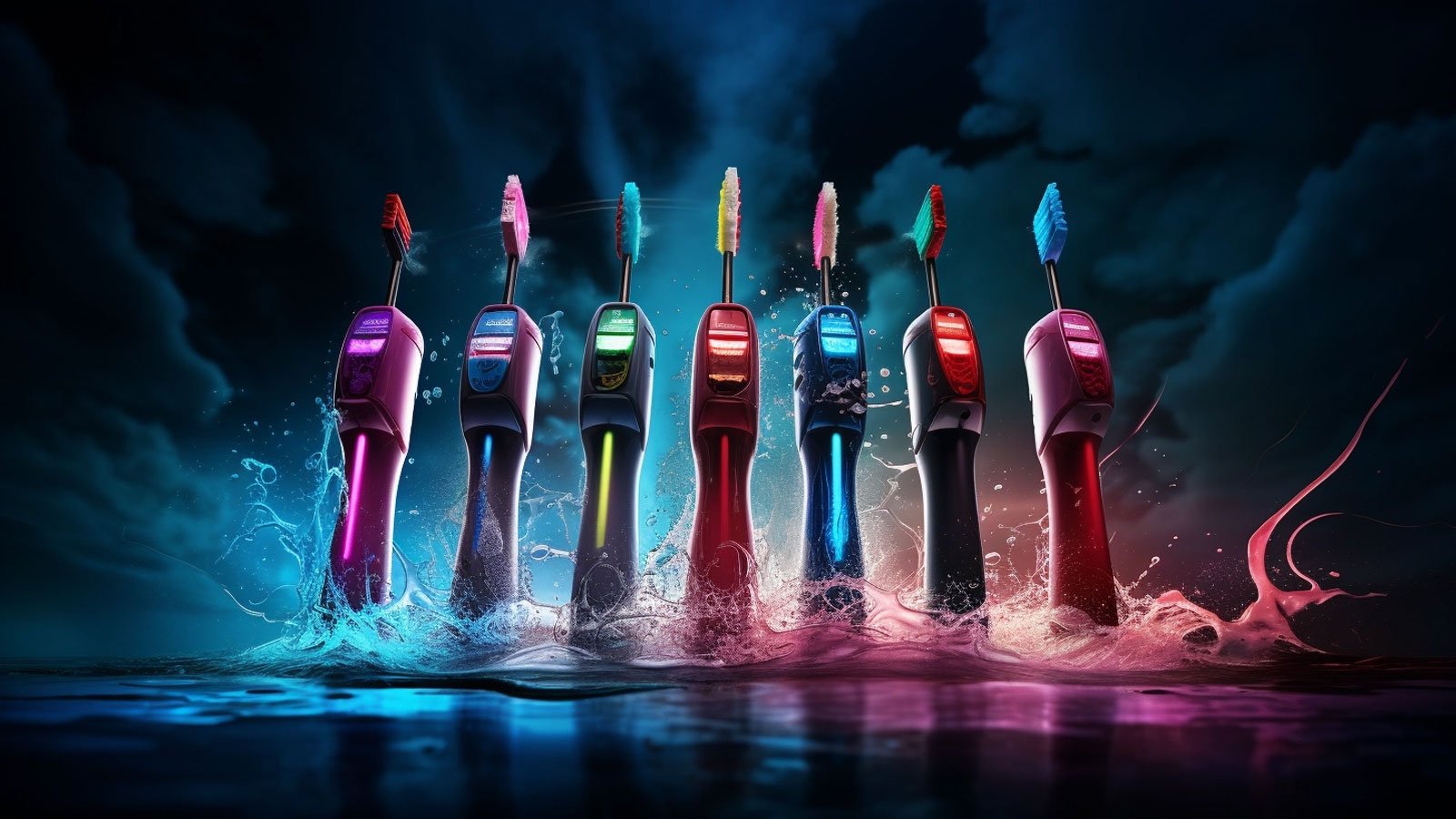
February 7, 2024 at 12:25PM
The widely reported story about 3 million electric toothbrushes being hacked with malware for DDoS attacks appears to be a hypothetical scenario rather than an actual attack. The dramatic story lacked verification and was likely misunderstood or taken out of context. It serves as a reminder to keep internet-exposed devices updated and secure to prevent potential threats.
After reviewing the meeting notes, it is clear that the reported story of 3 million electric toothbrushes being hacked to conduct DDoS attacks is likely a hypothetical scenario rather than an actual attack. The story, which gained widespread attention in the media, was based on a report from a Swiss news site suggesting that electric toothbrushes were infected with Java malware to carry out DDoS attacks. However, there is no evidence to support the occurrence of such an attack, and the cybersecurity firm Fortinet, cited as the source of the article, has not provided any information or responded to requests for comment.
It is important to note that DDoS attacks are a serious and increasing concern, often carried out using hacked routers, servers, and IoT devices. While the hypothetical scenario involving electric toothbrushes is unlikely, it serves as a reminder of the potential vulnerabilities of Internet-exposed devices. It is crucial for all devices connected to the internet to have the latest security updates and strong passwords to prevent them from being exploited in DDoS botnets.
In conclusion, although the toothbrush DDoS attack story is likely untrue, it underscores the importance of cybersecurity for all internet-connected devices.